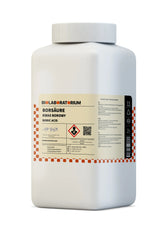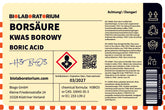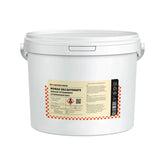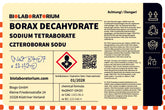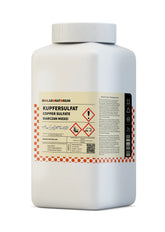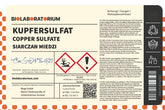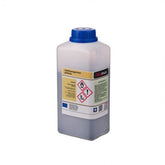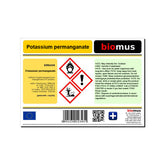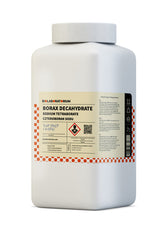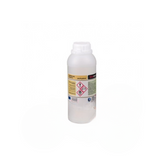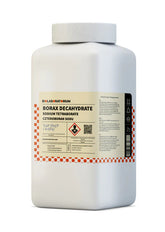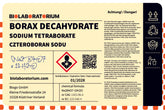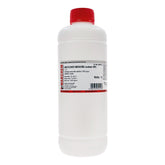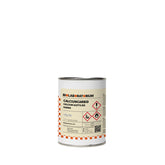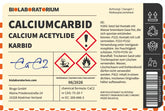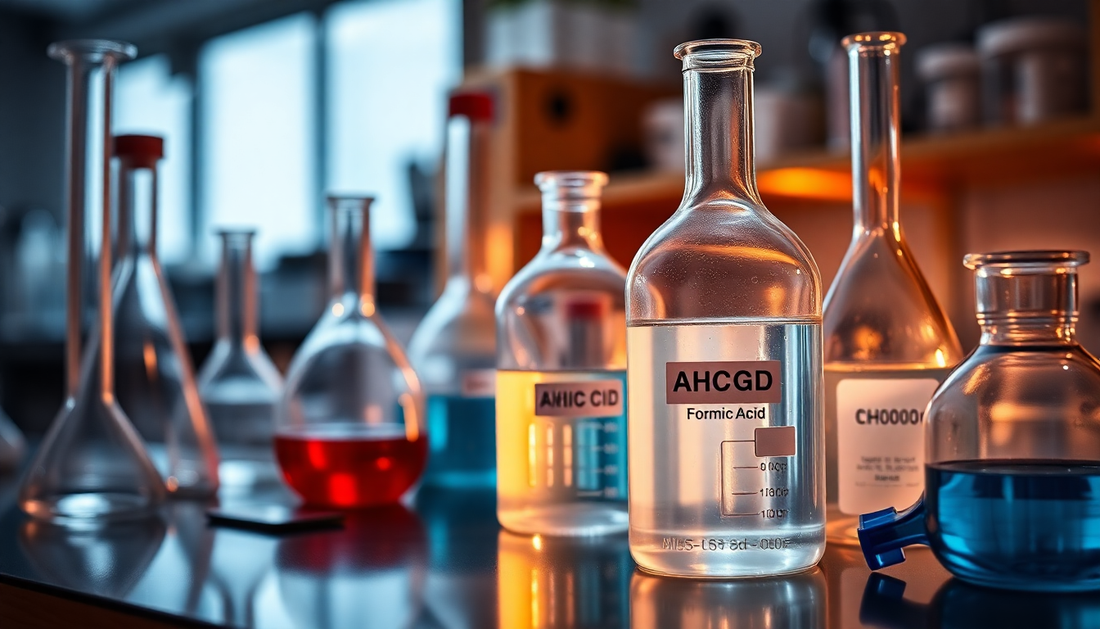Formic acid 85% purchase: Versatile applications, safety instructions, and tips for use
Formic acid is an extremely useful chemical compound with a variety of applications in household, industry, and agriculture. As one of the smallest carboxylic acids, it is an important component of many products we use daily. In this blog post, you will learn more about the properties, applications, and safe handling of formic acid 85%.
What is formic acid?
Formic acid, also called methanoic acid, is a colorless, pungent-smelling liquid with the chemical formula HCOOH. It is the simplest carboxylic acid and occurs naturally in ants, nettles, and other organisms. Industrially, formic acid is mainly produced by the oxidation of methanol.
Formic acid is well soluble in water and has a pH of about 2.2. It is a relatively strong acid that can attack and corrode many materials. Therefore, special care must be taken when handling formic acid.
Applications of formic acid 85%
Formic acid is used in many areas. Here are some of the most important applications:
Cleaning and disinfection
Formic acid is an effective cleaning and disinfecting agent. It can be used to remove lime scale, rust, and organic dirt. In the food industry, formic acid is used to disinfect surfaces.
Agriculture
In agriculture, formic acid is used as a feed additive, preservative, and disinfectant. It is also used to combat pests such as mites or ants.
Industrial applications
Formic acid has various uses in industry, for example as a pickling agent in the metal industry, as an additive in adhesives and paints, or as a raw material for the production of other chemical products.
Medical applications
In medicine, formic acid is used to treat warts, corns, and fungal infections. It is also used in homeopathic preparations.
Further applications
In addition, formic acid can also be used as antifreeze, descaler, pickling agent in textile finishing, and as an additive in animal feed.
Safety instructions for handling formic acid
Formic acid is a corrosive and harmful substance that must be handled with care. The following safety measures must be observed when handling formic acid 85%:
Personal protective equipment
Always wear safety goggles, rubber gloves, and a lab coat to avoid skin and eye contact. When working indoors, a respiratory mask is also required.
Storage and Transport
Formic acid must be stored in tightly sealed, shatterproof containers. Contact with metals, bases, and oxidizing substances must be avoided. Applicable hazardous goods regulations must be observed during transport.
First Aid
In case of contact with formic acid, affected body parts must be rinsed immediately with plenty of water. In case of ingestion, seek medical help immediately.
Disposal
Formic acid residues and containers must be disposed of as hazardous waste. Disposal via the sewage system is not permitted.
Tips for using formic acid 85%
- Always dilute formic acid with water before use to reduce the concentration.
- Work in well-ventilated rooms to avoid vapors.
- Avoid contact with metals, as formic acid can be corrosive.
- Always store formic acid separately from bases, oxidizing agents, and other chemicals.
- Dispose of formic acid residues properly as hazardous waste.
With the right safety measures, formic acid 85% can be used safely and effectively in many areas of application. Do not hesitate to contact our experts if you have any questions or uncertainties.

